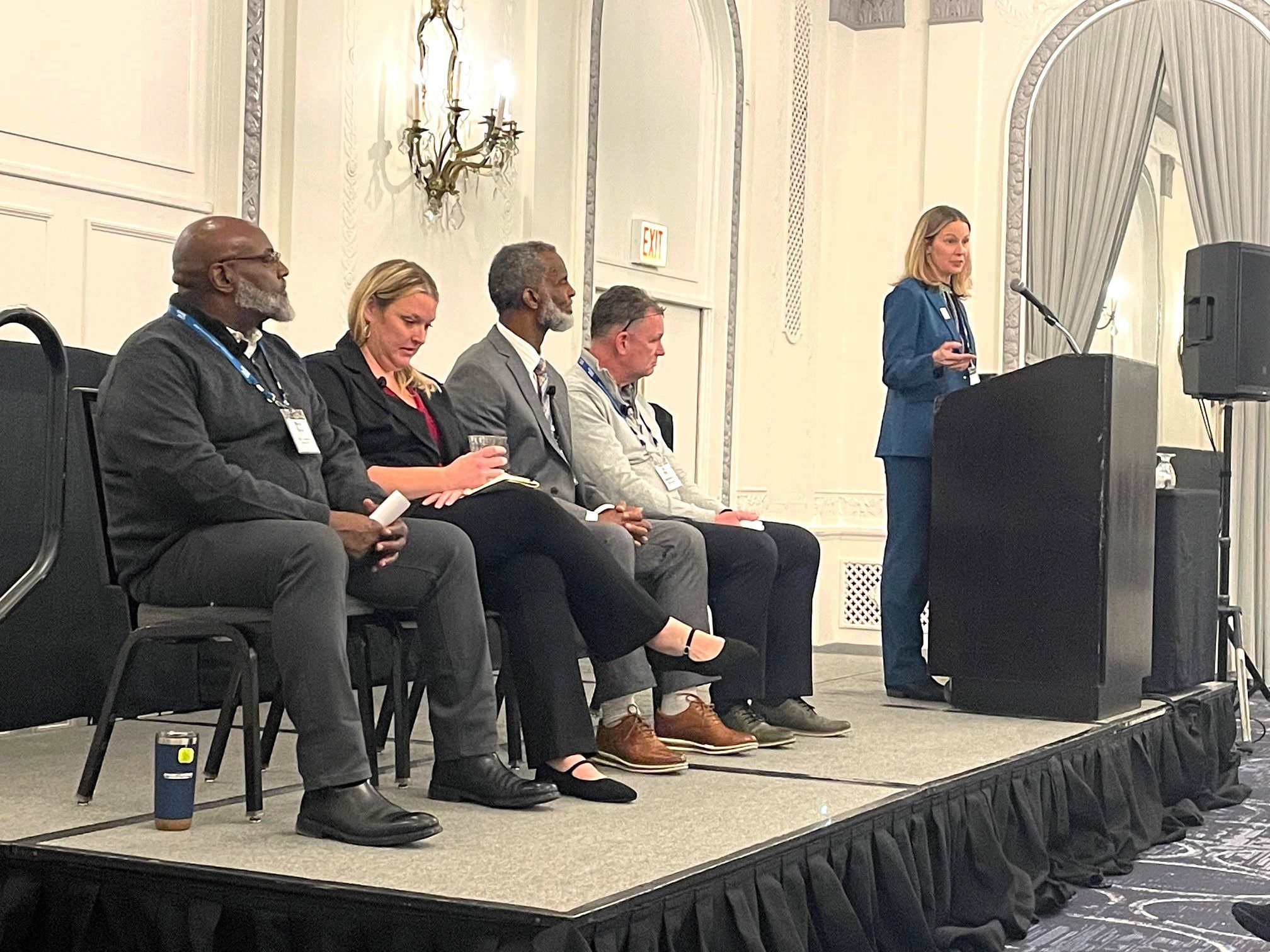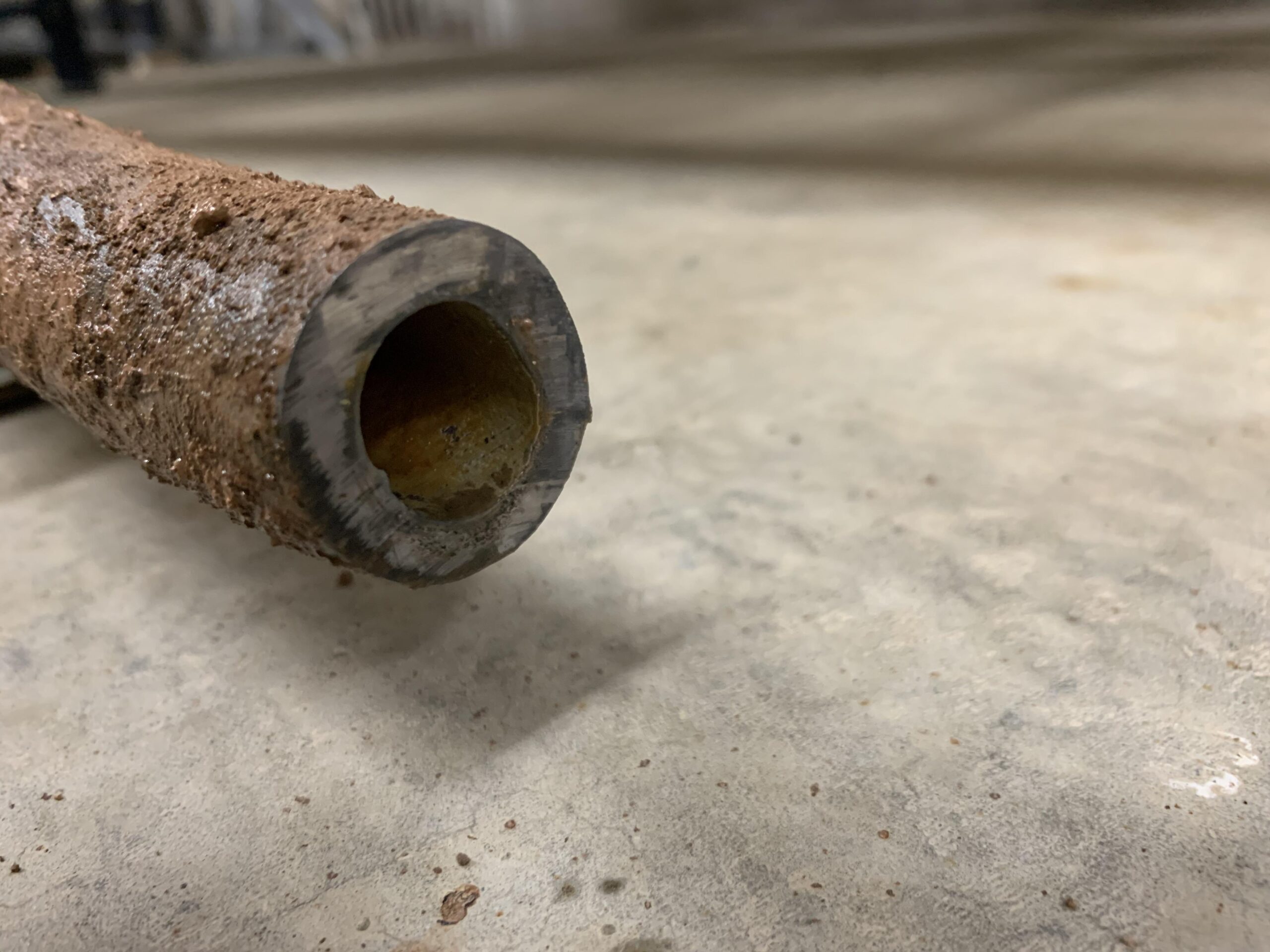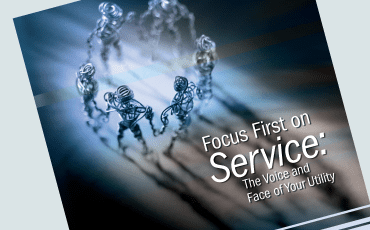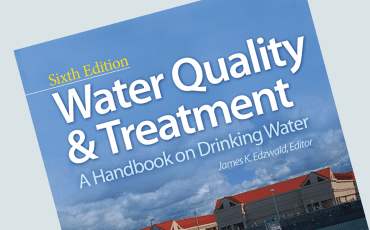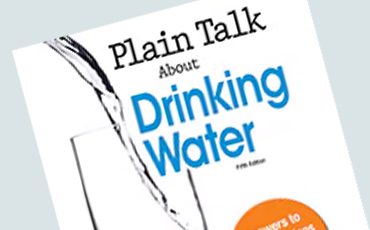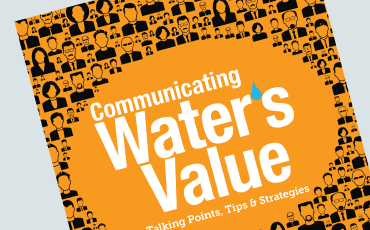Lead
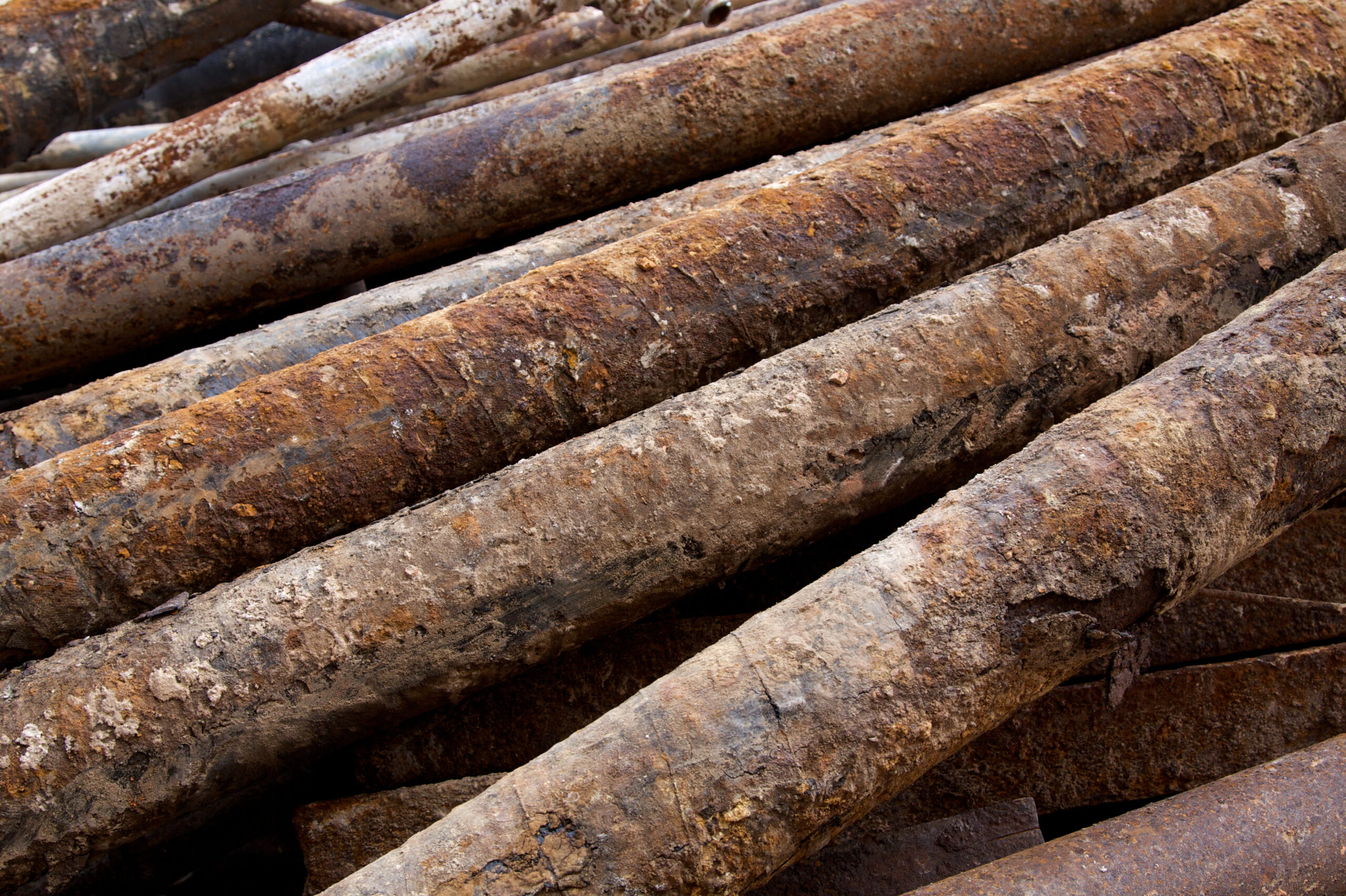

Lead
AWWA and its members are committed to protecting public health through the reduction of exposure to lead in drinking water.
Here you will find insights on corrosion control and other lead management issues, the latest legislative and regulatory developments, and public outreach tools to help you speak with consumers and other key stakeholders. Both resources prepared by AWWA's members and others such as the U.S. EPA are available.
AWWA files petition for judicial review of LCRI
AWWA on December 13, 2024, filed a petition for judicial review of the Lead and Copper Rule Improvements (LCRI). AWWA reaffirmed its commitment to helping water utilities replace all lead service lines in their entirety, while expressing concern about the feasibility and affordability of the rule.
Media inquiries can be directed to media@awwa.org.
- Response to Action to Motion for Leave to Intervene (.pdf) (filed Jan. 23, 2025)
- Statement of Issues (.pdf) (filed Jan. 15, 2025)
- AWWA statement (December 13, 2024)
- View the petition (.pdf) (filed December 13, 2024)
- FAQ on AWWA petition
- AWWA comments on the proposed LCRI (.pdf) (filed February 3, 2024)
Resources
Corrosion Control Online Classes
With the announcement of the Lead & Copper Rule Revisions, water utilities need targeted and credible resources to help craft the best lead reduction plan for their specific community, including strategies for corrosion control. This training guides participants through a decision process that experience has shown to be successful in developing corrosion control strategies.
Courses Now Available
- Corrosion Control Theory and Treatment Options (EL285)
- Assessing Need for a Corrosion Control Evaluation (EL286)
- Performing a Corrosion Control Evaluation (EL287)
Trending in an Instant: A Risk Communications Guide for Water Utilities
As part of its long-standing efforts to proactively inform and prepare utility leaders, AWWA has created Trending in an Instant: A Risk Communication Guide for Water Utilities to enhance your ability to communicate effectively when your utility is in the spotlight.
Technical Resources
Reports
Manuals
AWWA Standards
M12 Simplified Procedures for Water Examination
This manual provide 30 common lab tests for process control in drinking water production.
Get the Manual
M58 Internal Corrosion Control in Distribution Systems
This manual provides an explanation of the factors that influence corrosion, assesses corrosion-related impacts, and discusses the development of a strategy to implement and maintain effective corrosion control in the water distribution system.
Get the Manual
M68 Water Quality in Distribution Systems
This manual will help drinking water utilities and professionals understand the factors that affect water quality, ways to address them and best practices for optimizing distribution system water quality.
Get the Manual
ANSI/AWWA B506 Zinc Orthophosphate
This standard describes zinc orthophosphate (ZOP) corrosion inhibitor in dry and liquid forms for use in the treatment of potable water, wastewater, or reclaimed water.
Get the Standard
ANSI/AWWA C810 Replacement and Flushing of Lead Service Lines
This standard describes essential procedures for the replacement of lead water service lines and flushing following replacement. This standard also describes procedures for partial replacement and repair situations where complete lead service line replacement is not possible or practical.
Get the Standard
ANSI/AWWA G200 Distribution Systems Operation and Management
This standard describes critical requirements for the operation and management of potable water distribution systems, including maintenance of water quality, system management programs, and operation and maintenance of facilities, and verification.
Get the Standard

Advertisement
Events With a Focus on Lead
See All Events
Water Quality Technology Conference
Discover the latest science, research, and engineering and solutions to fight drinking water contamination.
November 9-13, 2025
Tacoma, WA
Annual Conference & Expo
The world of water is finite. Find new ways to protect and conserve.
June 21-24, 2026
Washington, D.C.
External Resources
USEPA Final Revisions to the Lead and Copper Rule
Lead Service Line Collaborative Online Toolkit
USEPA Resources to Support Lead Service Line Replacement
USEPA Lead & Copper Rule Long-Term Revisions
USEPA Section 1417 of SDWA: Use of Lead Free Pipes, Fittings, Fixtures, Solder and Flux for Drinking Water
USEPA: Webinar on Regulations Implementing Section 1417 of the Safe Drinking Water Act
USEPA 3Ts for Reducing Lead in Drinking Water Toolkit
Lead and Copper Corrosion: An Overview of WRF Research
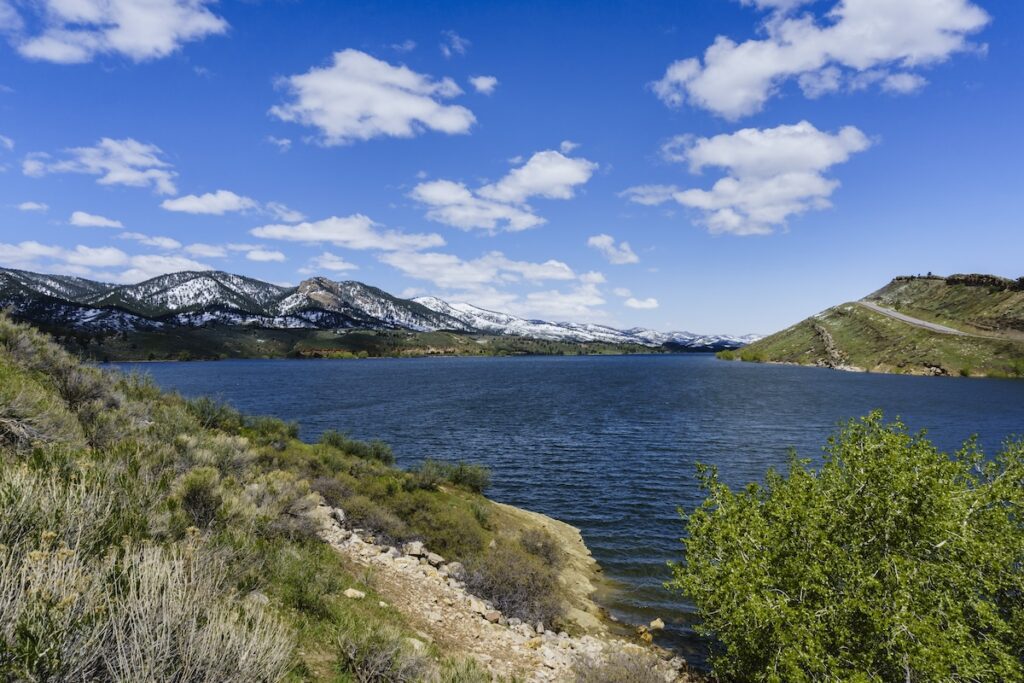
AWWA Policy Statements
AWWA’s policy statements are brief statements on protecting and improving water supply, water quality, management, and the interests of the public and the environment. They are written by consensus, subject to review and comment by AWWA committees, councils, and members. Because they represent AWWA’s position on these matters, they are approved by the AWWA Executive Committee of the board of directors.
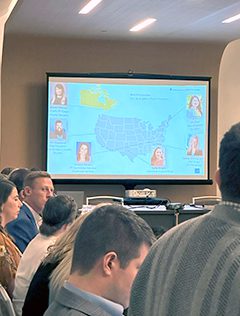
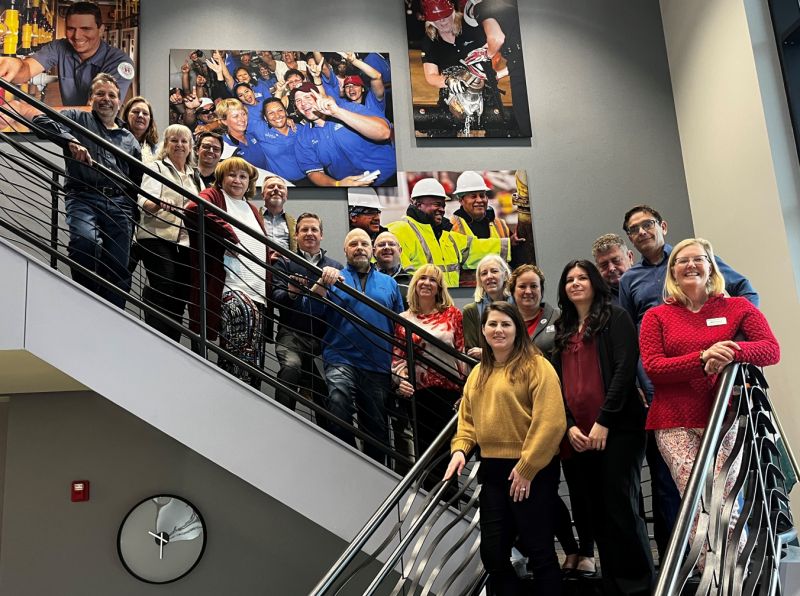
Technical Committee Engagement
AWWA members are recognized globally for their industry expertise and their generosity in sharing that expertise for a better world through better water. AWWA members participate in committee activities, developing conference programs, writing technical manuals, developing standards, creating educational content and contributing to AWWA publications. Committee members primarily interact through conference calls, emails, and face to face meetings at conferences and events.
Inorganic Contaminants Research Committee
Inorganics Committee
Distribution System Water Quality
Lead & Copper Subcommittee
Premise Plumbing
Asset Management
Real-Time Water Quality Monitoring
Advertisement
